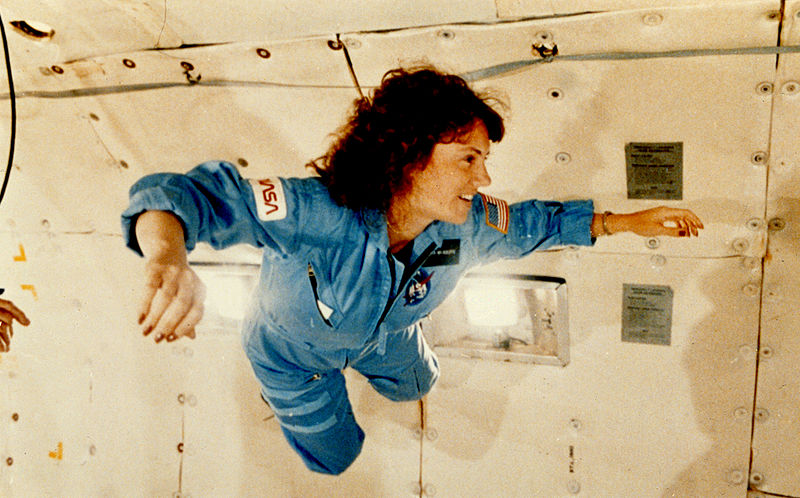January 31, 2011 Vol. 4, Issue 1
Experience is the best teacher, right? Not so fast, says James March of Stanford University.
An organization such as NASA exists in an ever-changing context. To take a simple example, the management practices that enabled the agency to thrive during the design and development of the Apollo systems could not be superimposed directly onto the design and development of the Space Transportation System (the space shuttle). The organization’s mission had changed. The programs’ requirements had vast differences. Technologies had matured. The social context in which the agency operated also had shifted in ways ranging from the political environment to the composition of the workforce. As a result of these factors (among others), some management practices from Apollo were clearly still applicable, while others were no longer instructive.
How do organizations learn intelligently from their accumulated experience? In The Ambiguities of Experience, James March of Stanford University examines the evidence and the folklore about learning from experience. March begins by noting that, “…although individuals and organizations are eager to derive intelligence from experience, the inferences stemming from that eagerness are often misguided.” The problems, he says, “lie partly in correctable errors in human inference forming, but they lie even more in properties of experience that confound learning from it.” In other words, experience itself can limit the ability to learn and adapt.
So what’s an organization or an individual to do? In short, the best approach is to recognize the limitations of learning from experience. According to March, “Experience is likely to generate confidence more reliably than it generates competence and to stop experimentation too soon. As a result, there is a persistent disparity between the assurance with which advice is provided by experienced people and the quality of the advice.”






